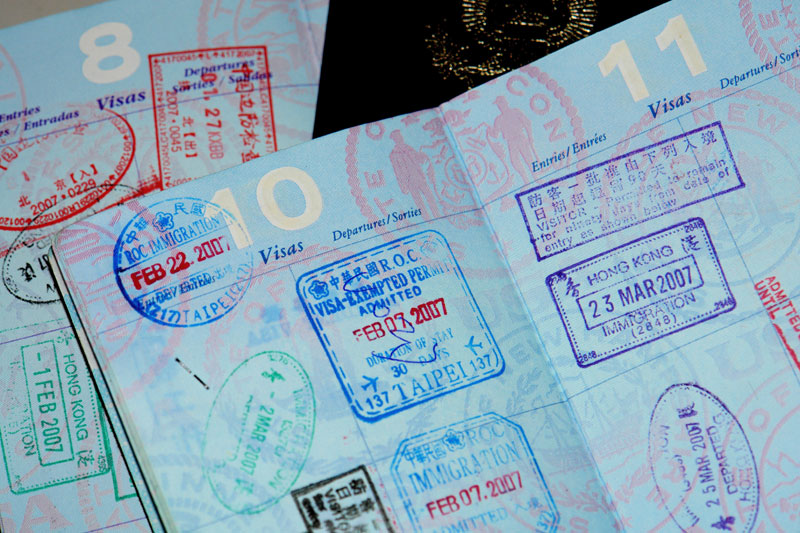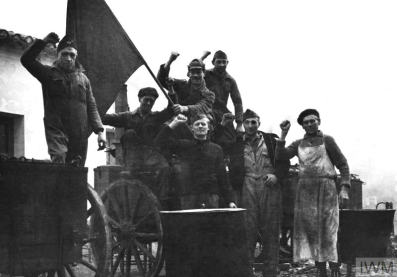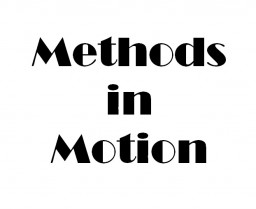
Citizenship is one of the most consequential of contemporary issues of politics and policy. Some of the most significant of recent political events – Brexit and the ‘refugee crisis’ among them – revolve around questions of citizenship: Who has the right to citizenship in Britain or in Europe?The right to access social services? The right to free movement for social, cultural, political and economic reasons? Questions of access to citizenship, the regional and international dimensions of citizenship, and the rights and duties of citizens are increasingly on the agendas of national governments and international organizations. These are arguably of increasing urgency.
On the 8th of July 2016, the Faculty of Arts and Social Sciences (FASS), together with the Centre for Citizenship, Identities and Governance (CCIG) co-hosted the first methods day school on researching citizenship. Although methods days schools are a regular occurrence in the Faculty, this was the first time a day school was organised to explore the methodological issues of a field as specific as citizenship studies. This blog will review the day, whilst considering the contemporary surge of interest in citizenship and the methods with which it is studied.
In recent years, the study of citizenship has developed rigorous theoretical and methodological principles, and has been consolidated as an emergent, interdisciplinary field of study. Citizenship studies draws on politics, sociology, law, philosophy, history, anthropology, economics, and geography, whilst crossing through fields such as gender studies, international studies, migration and refugee studies, human rights, development studies, public policy and education. Yet, the interdisciplinarity of the field, and the variety of ways of looking at citizenship, have also meant that there is no distinct methodological approach to citizenship, and that no single methodological approach can say all that there is to be said about citizenship. What is more, as the day school made clear, methodological approaches to the study of citizenship are intrinsically and inextricably embedded in distinct ontologies and epistemologies of citizenship.
The insight that ways of knowing fundamentally influence what we know served as the guiding assumption of the day school’s plenary session, in which Engin Isin outlined two distinct approaches to citizenship – as status and as practice. The study of citizenship as a (legal or political) status invites the use of methodological tools that are distinct from (but complementary to) those necessary for the study of citizenship as practice. The study of citizenship as status often draws on the methodologies of law, politics and history by focusing on aspects of formal and informal status granted to, or claimed by, subjects in both specific and comparative contexts. The study of citizenship as practice often draws on the methodologies of sociology, anthropology, geography and history, including, as the plenary session stressed, performative methodologies that reveal how individuals and groups practice or perform citizenship. Thus emerged a theme of the day: citizenship studies is also interdisciplinary from a methodological perspective, at least in part a result of these two basic approaches to citizenship.
The inextricable and co-constitutive relationship between the ontology, epistemology and methodology of citizenship studies was reiterated in one of the day’s final workshops. The workshop explored genealogy as a methodological approach for studying both the conceptual and performative dimensions of citizenship. Genealogy, as Una Crowley (2009) explains, ‘is a historical perspective and investigative method, which offers an intrinsic critique of the present. It provides people with the critical skills for analysing and uncovering the relationship between knowledge, power and the human subject in modern society and the conceptual tools to understand how their being has been shaped by historical forces. Genealogy works on the limits of what people think is possible, not only exposing those limits and confines but also revealing the spaces of freedom people can yet experience and the changes that can still be made’. Thus, genealogy enables us to historicise and denaturalise the present, and to explore the manner in which what we take for granted (as ‘the’ conception of citizenship, for instance), is in fact a product of historical contingency and struggle. As such, the workshop argued, genealogical thinking enables us to understand present and existing subjectivities and identities – including that of ‘the citizen’ – as contingent, and indeed, open to critical and creative reimagining.
Focusing on the manner in which citizenship is practiced, the remaining workshops explored specific research methods that can be used for understanding how citizenship is practiced. Eleni Andreouli focused on socio-psychological approaches to citizenship, which revealed new ways in which citizens construct, mobilise and negotiate the meanings of citizenship in different micro and macro contexts. Georgina Blakely focused on mixed-methods approaches to the study of new social movements, whilst Stephan Scheel discussed the methodological challenges and opportunities of ‘big data analytics’ in citizenship studies. Agnes Kukulska-Hulme, Mark Gaved and Andrew Brasher explored the use of technology (specifically, smartphone applications) in citizenship research, and the ethical and methodological issues raised by such technologies.
The rich variety of methodological approaches to citizenship explored in the day school was complemented by equally rich, critical, and at times contentious discussions on some of the political issues in which citizenship (as status and practice) are deeply implicated; migration, asylum, and British and European citizenship. The heated nature of some of those debates spoke to the political nature of citizenship research, to the need for critical, yet respectful, engagement with different perspectives on, and practices of, citizenship, and to the need for further engagement with the ontological, epistemological and methodological issues grounding citizenship research. The conviction that what we know is bound up in how we know, was clear. Thus, though the ‘Researching Citizenship’ day school was the first of its kind at the Open University, we hope it is not the last!
The Methods in Motion blogs are by researchers linked to the Centre for Citizenship, Identities and Governance. The blogs represent their opinions emerging from research in progress, and do not necessarily represent the views of the Research Centre or Open University. You can discover more about Methods in Motion on the CCIG website.






Rate and Review
Rate this article
Review this article
Log into OpenLearn to leave reviews and join in the conversation.
Article reviews